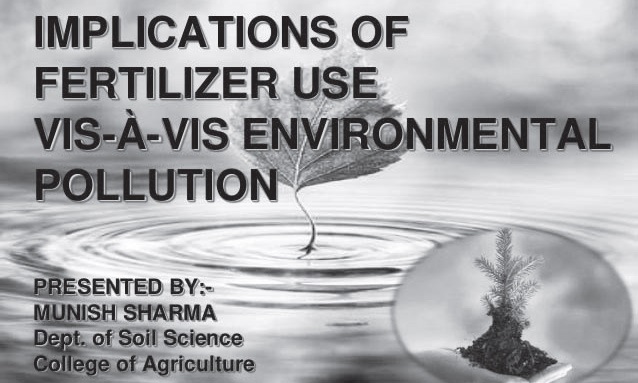
Experts from the agriculture and plant science sector indicate that the harms on the environment and human health the ever-growing global chemical inputs application on crops and plants cause range from insignificant to significant ones and everything in between. In the long run the inputs are said to pose the degradation of soil fertility.
The dearth of pesticides and insecticides is plaguing Ethiopia currently hard pressed by Forex for the importation of the same as a matter of immediacy.Approached by The Ethiopian Herald Dr. Segenet Kelemu, Ethiopian scientist noted for her research as a molecular plant pathologist, and outstanding scientific leadership, as an alternative approach, underscored the significance of controlling the environmental impact of chemicals applied on crops and plants shifting focus to organic ways.
Dr. Segenet said though pests and diseases pose challenges of food insecurity, excessive usage of pesticides have their downsides on health and the environment. Focus should be placed on bio pesticides that also contribute towards the fecundity of soil and preparation of fodders. Efforts to this effect is underway in Africa including Ethiopia, she added.
In an exclusive interview with The Ethiopian Herald Ministry of Agriculture Plant Protection Directorate Director Zebdios Felato said that farmers are advised to repetitive plowing. They are also advised to limit the impact of chemical pesticides and anti-weed chemicals on soil fertility and its long-run impact on general production and productivity. Clearing crop weed manually through joining hands like Debo (mutual work) is safer for the crop’s health and the soil, while still contributing for better long-term yield than applying anti-weed chemicals on crops, he added.
The current Ethiopia’s national fertilizer, chemical pesticide and other chemical agricultural inputs application on crops is not said to be that much magnified, while compared to developed countries’ chemical fertilizers utilization and application on crops per hectare of land, he stressed.
Thus, here, farmers are not using the recommended amount of chemical fertilizer and chemical pesticide as well as anti-weed chemicals per hectare, he noted. Practicing massive organic agriculture might be difficult but producing strategically selected basic crops, fruits and vegetables via organic agriculture is also advisable, he said.
The Ministry of Agriculture (MoA) has been undertaking massive capacity building on pesticide chemicals application from federal up to Keble level which is among the top priorities of the Ministry to parry the ravages of destructive insects on crops. Crop professionals from the federal level are well acquainted with this fact to help state, zonal, woreda and kebele professionals in their bid to curb the damage inflicted on crops and promote production and productivity, he emphasized.
“Our professionals are working aggressively through successive crop protection tasks, survey surveillance and expertise provision to the farmers to ensure crops’ proper growth and to meet the intended target of productivity.” According to him, managing the impact of chemicals on crops is fundamental to the healthiness of human beings too.
The Ethiopian Herald, August 25/2019
BY TEWODROS KASSA





